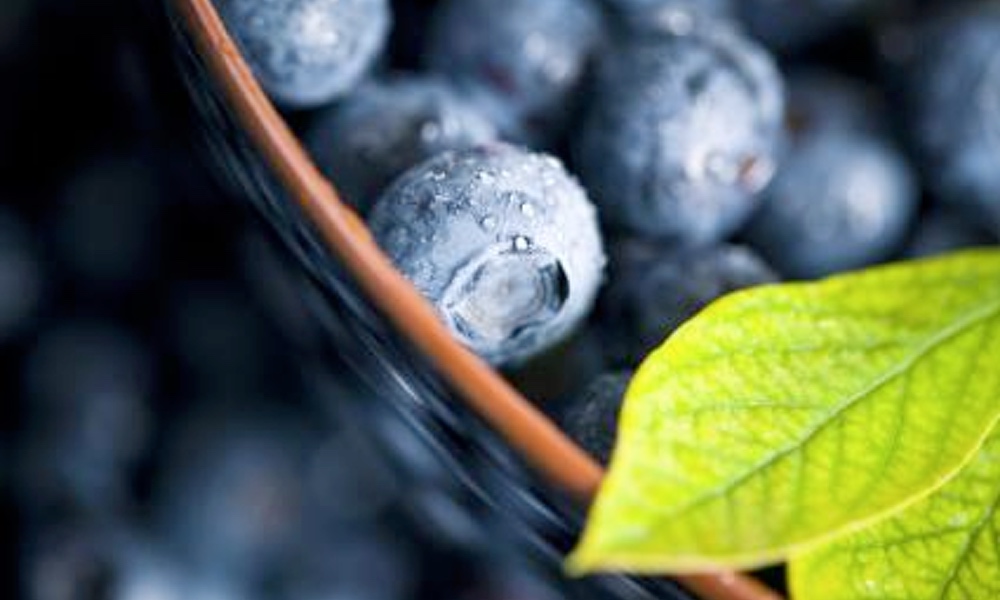Have them in the morning, on your cereal, in a smoothie, or snack on a handful at work. Eating one cup of blueberries, about five ounces of fresh berries, a day can lower blood pressure, possibly by enough to prevent high blood pressure from developing. They also help your arteries stay flexible, a recent study has found.
Many foods are alleged to be superfoods, foods whose health benefits go way beyond their nutritional value. Oatmeal, for example, has been shown in studies to lower cholesterol, an outcome many people typically receive from statin medications.
An earlier study of women aged 25 to 42 suggested that eating blueberries can lower heart attack risk. This study shows that the berries can lower blood pressure and arterial stiffness in older, post-menopausal women who are at high risk for contracting heart disease.There was an average drop of seven points in systolic blood pressure and five points diastolic pressure among the women in the study in just eight weeks.
The 48 women in the study had either stage 1 hypertension (blood pressure between140/90 and 159/99) or pre-hypertension (blood pressure between 120/80 and 139/89). All were randomly assigned to receive either 22 grams of freeze-dried blueberry powder — the equivalent of one cup of fresh blueberries — or 22 grams of placebo powder, which they added to their normal daily diet for eight weeks.
Not only did the group receiving blueberry powder see drops of seven points in systolic BP and five points in diastolic BP, the flexibility of their arteries also increased by over 6%.
The women who were given the placebo (inactive) powder had no improvement in any of these measures.
The likely reason for these changes was an increase in the amount of nitric oxide in the bloodstream, a gas that's known to widen blood vessels, lowering the pressure of the blood flowing inside them. Nitric oxide production rose by over 68% in the blueberry group.
For people who do want to add blueberries to their diet, it's probably a good idea to avoid adding them in the form of blueberry muffins the size of softballs. These usually contain too little blueberry and too much muffin to do the trick. See our story, “Ending the Low Fat Muffin Myth.” Blueberries are fruit, not cake.
The study appears in Journal of the Academy of Nutrition and Dietetics.





